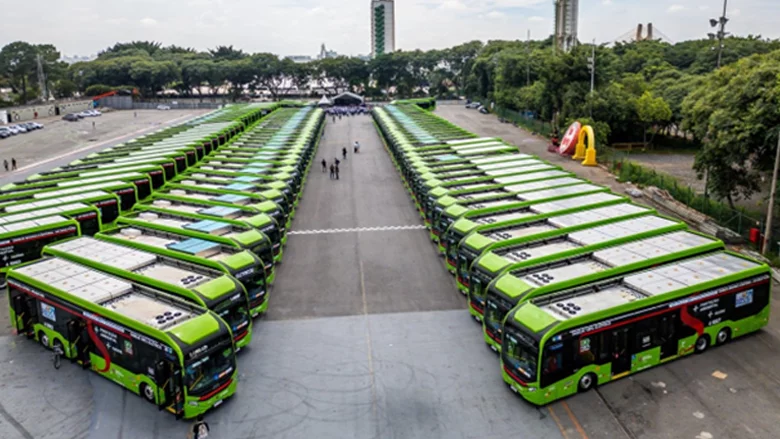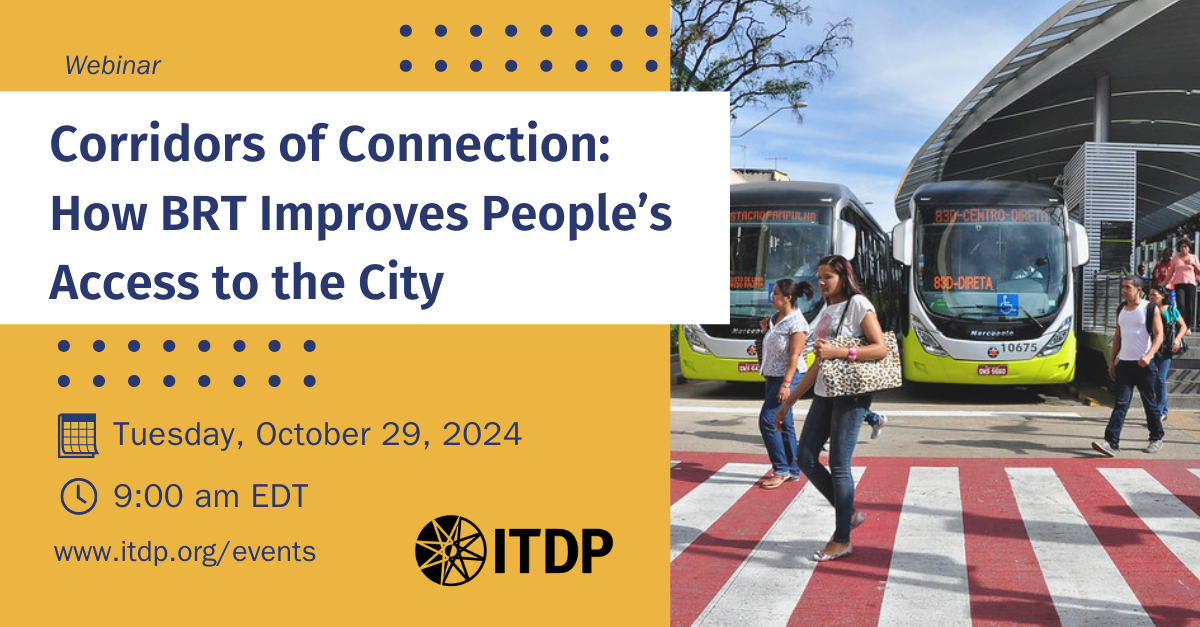Abstract
This paper reviews the incentive structure of concession contracts in several Latin American transit reforms. It also presents a conceptual analysis of the optimal design of concession contracts. The conceptual discussion and case studies reviewed indicate that payment to operators should be linked to operational variables and that some demand risk should optimally be transferred to operators. Performance standards linked to fines and penalties are not sufficient to guarantee good quality of service, particularly in citywide reforms and where institutional capacity ― in terms of size, experience and expertise of staff ― is lacking and regulatory processes are slow, bureaucratic and cumbersome. This review may be useful for policy-makers designing transit reforms in other countries. The policy lessons of the paper are particularly relevant to cities in the developing world but they are also important for reforms in other countries.




